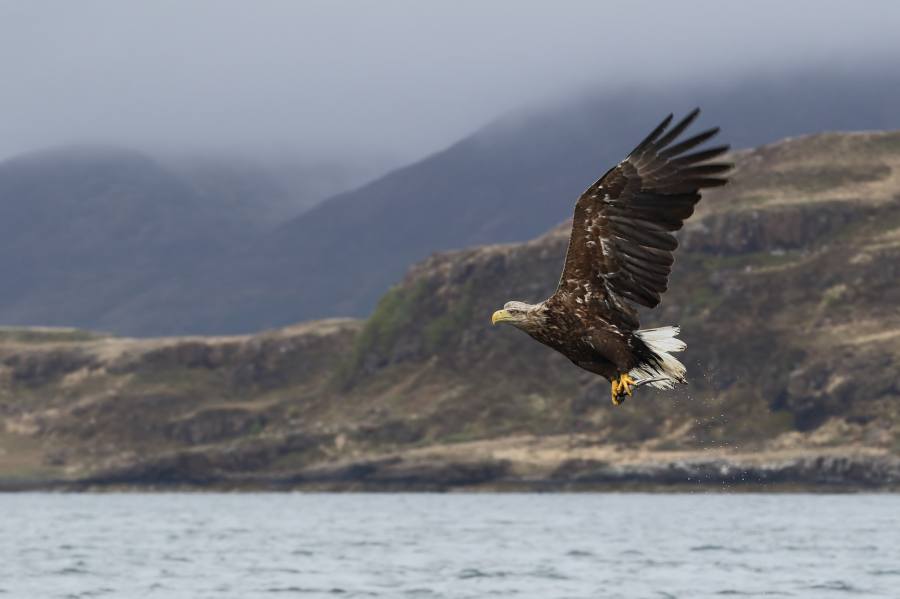“The status quo isn’t good enough,” says Campaign for National Parks in radical new report
A new report by Campaign for National Parks, published today, calls for a fundamentally new approach to nature conservation in our National Parks. Raising the bar: improving nature in our National Parks argues that a change is urgently needed to enable the Parks to halt and reverse the loss of wildlife seen across England and Wales.
Wildlife is a critical part of the beauty of the National Parks and the purposes for which the sites are designated. However the report highlights that the condition of nature in our National Parks is not good enough. Nearly 75% of Sites of Special Scientific Interest (SSSIs) in the English National Parks are in an ‘unfavourable condition’. This compares to 61.3% of the total SSSIs in England.
In England’s National Parks, 88.5% of SSSIs in the North York Moors, 84.7% in Exmoor and 83.9% of the Peak District’s SSSIs are in an unfavourable condition. And wildlife continues to decline across Wales.
‘Dire ecological decline’
Television presenter, naturalist and vice president of Campaign for National Parks Iolo Williams said: “The status quo isn’t good enough. National Parks need to urgently pull their socks up and turn around the unacceptable loss of nature from the Parks.
“We need landscapes that are alive with people and wildlife, buzzing with invertebrates and busy with bird life. Across the countryside we are facing a dire ecological decline. As special protected landscapes National Parks must set an example and lead the way forward.”
Many species found in the 13 National Parks, including red squirrels, curlew and heath fritillary butterflies, are struggling for survival in England and Wales.
The report recommends that the Westminster and Welsh Governments work with the National Park Authorities to pilot a fundamentally different approach to nature conservation. Such a change would move away from the intense protection and management of individual sites for specific species and instead focus on a landscape-scale approach that prioritises the re-establishment of natural, ecological processes.
The report sets out a series of recommendations about how to achieve improvements in wildlife and more resilient habitats, which include:
- National Park Authorities should show more leadership in addressing wildlife declines by setting more ambitious targets for nature conservation through local management plans;
- The need for a new suite of measures to assess the delivery of environmental outcomes;
- Future payments for farmers and land managers to be tailored to delivering local environmental priorities;
- Governments should introduce measures to better protect birds of prey and restore our blanket peatlands and upland heaths.
Throughout this summer, the charity will be highlighting issues facing wildlife and the work being done to conserve nature in National Parks through its summer of beauty campaign.
Our view here at The Great Outdoors? There are many good ideas and positive intentions in this report. It’s particularly interesting to see that the term rewilding is being avoided – the report points out that it can be a polarising word with a lot of baggage, leading to resistance from some people – yet the goals of rewilding are to be found throughout the document. Positive intentions aside, all will depend on whether this report actually creates change for the better.
cnp.org.uk
Header image © Shutterstock / Mark Caunt








